Staring Down the Barrel of Our Never-ending Election
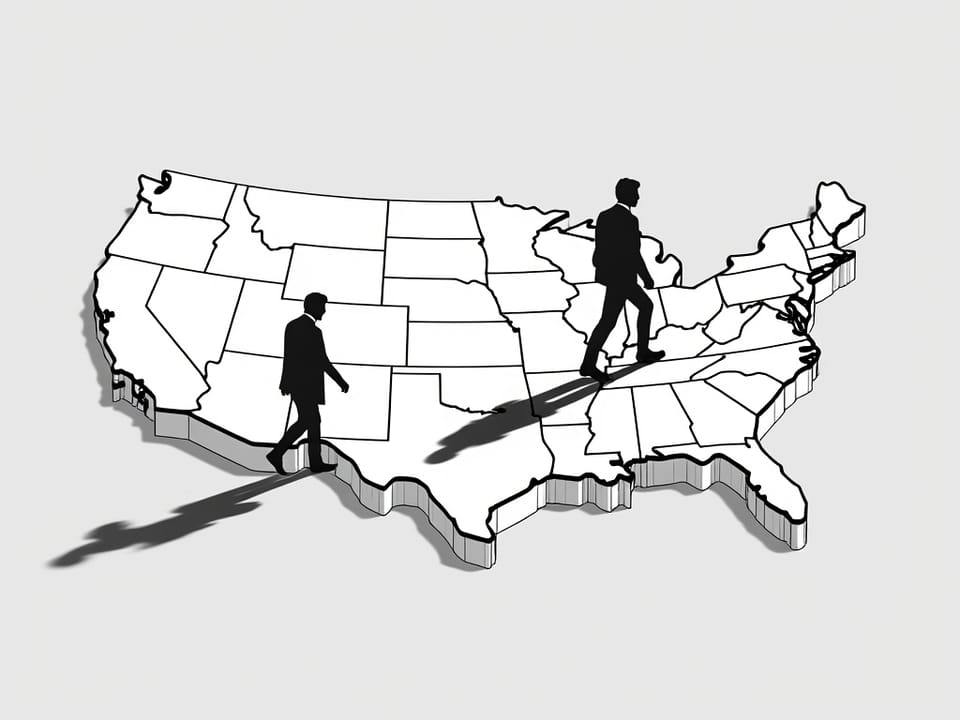
How was everyone’s weekend? I hope it was swell, great, good because I think we’re about to enter a madhouse of maddening national news, social media, and clips upon clips (as if we don’t have enough) centered around this election that is finally winding down…or at least I hope. The whole experience is truly embracing the brutal dichotomy of the present time in America: stay informed about the goings on in the world as we know it for the price of going insane. When Zuckerberg said, years and years ago, that he wanted to “connect every person in the world,” I wondered if he ever considered how far and how fast the rollercoaster would get…
Onwards and upwards…I did finish Martyr! by Kaveh Akbar this weekend…more on that later. On the reading front, I am committing to starting and finishing Yukio Mishima’s tetralogy, known as "The Sea of Fertility" or "Hōjō no Umi" in Japanese. I’ve seen it across many of my socials, so either the literature and reading Gods are telling me I need to focus there, or the algorithm is telling me to spend, spend, spend. Now, I’m finding it harder and harder to tell the difference. What about you?
In this newsletter, we’ll cover:
Thoughts on Martyr! by Kaveh Akbar
The need for sacrifice in America
Editing the National Archive
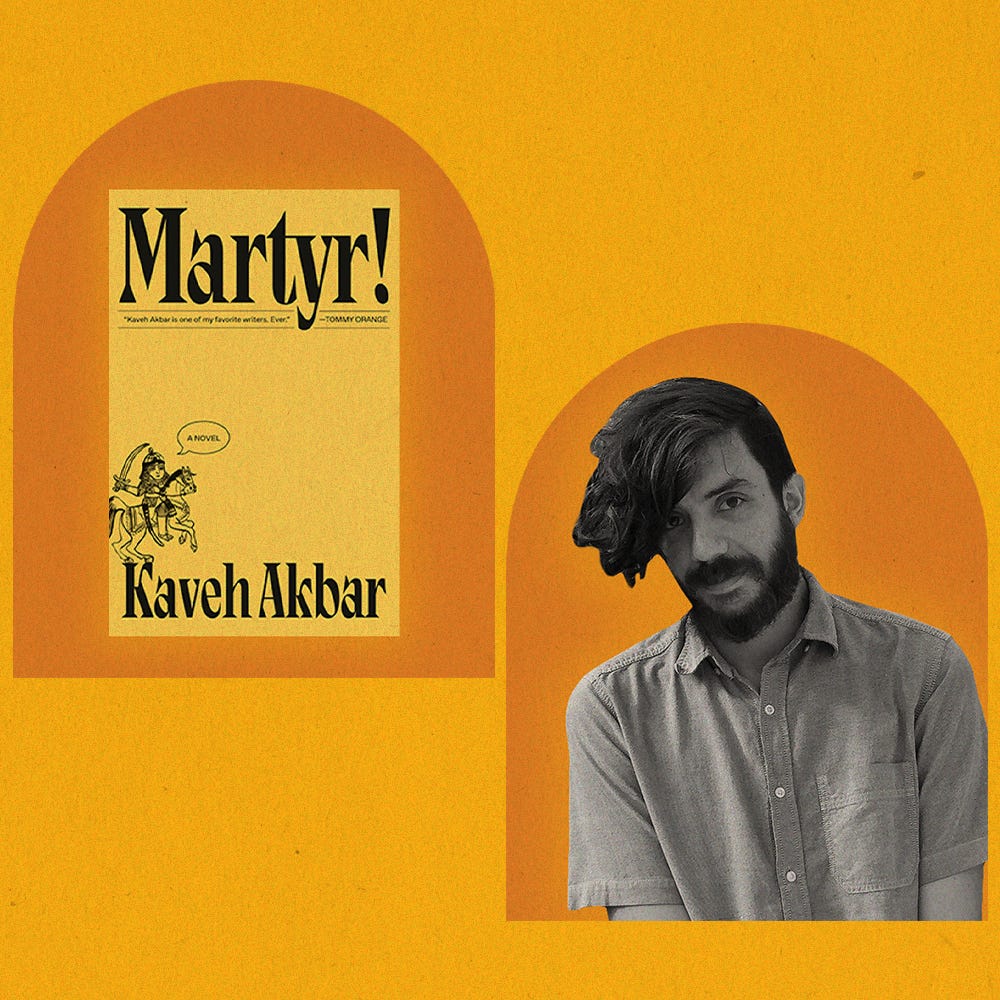
Thoughts on Martyr! by Kaveh Akbar
Martyr!, the debut novel by Iranian-American poet Kaveh Akbar, published on January 24’, was a novel that I could not, for however many times I picked it up to read, get bitten by. The writing itself was beautiful and profound and should have been right up my alley. Still, in the end, I felt it lent to an overall disassociation with the narrative's forward momentum. The Boston Globe praised it as a novel "stuffed with ideas, gorgeous images, and a surprising amount of humor.” Still, those qualities overwhelmed the overall story, almost making me feel every time I picked up the book I was entering into a conversation rather than a tale. Why…I’m still not sure, but I have a few ideas.
Maybe it’s my forever-drenched, social and news media “brain rot” mind (my fiancé’s nephews said the other day that my brain is “100% brain rot”, which, nowadays, is hard to argue) or my inability to bridge the cultural divide of myself as an American and the complex Iranian culture and history or (and this I sense is the closes reason why) is the protagonist, Cyrus Shams, deals for over 300+ pages themes of identity and belonging, addiction and recovery, art and expression, and grief and loss…all themes that I have been dealing with presently and my whole life. Maybe my reluctant reading of the novel was that, whether I was aware of it or not, it presented a mirror I was not quite ready to look into, however clear and thrust in my face it was.
As noted, the story is centered on Cyrus Shams, an Iranian-American poet grappling with addiction and the loss of his mother, killed in the real-life 1988 incident where the U.S. Navy mistakenly shot down Iran Air Flight 655, killing 290 civilians. After his mother's death and his father's subsequent passing, Cyrus goes to New York to understand martyrdom and write, leading him to a terminally ill artist in Brooklyn. Akbar's ability to write about the struggles of cultural assimilation, the weight of inherited trauma, and the quest for belonging in a place defined by fragmented, consumer-driven ideals of identity resonated deeply with me and many others who feel adrift, searching for direction in a world that offers few genuine signposts toward home.
While Akbar skillfully weaves together multiple viewpoints—including those of his mother, Roya, and uncle, Arash—the narrative's emotional resonance is uneven. The New Yorker praised his writing for having "the musculature of poetry that can't rely on narrative propulsion and so propels itself," but I must disagree. The poetic and philosophical passages between characters are intellectually engaging, but they often read more like essay fragments than dynamic storytelling. Rather than driving character development or plot momentum, however beautifully crafted, these expansive meditations could feel better suited to a collection of thought pieces than a propulsive narrative. If Martyr! sounds good to you, order here.
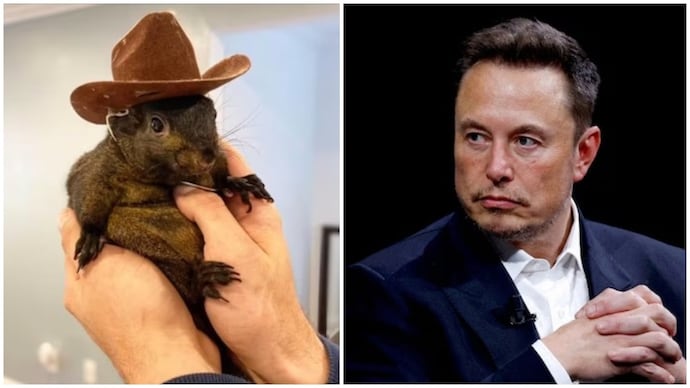
The Need for Sacrifice in America
In its most traditional sense, the definition of sacrifice refers to the typically sacred act of offering something precious to a deity, mainly through the ritualistic killing of a victim on an altar. In most of our realities, we probably don’t see this done very often unless you take into account or consider every piece of meat you eat as a sacrifice for you (the deity) to survive or simply just getting to work or, funnily enough, owning a cat. A study from the Journal of Field Ornithology joyfully titled “Novel approach to estimating avian mortality from vehicle–bird collisions on U.S. roads” estimated that “…the largest direct source of bird mortality is predation by cats, estimated to cause 1.3–3.7 billion deaths per year, followed by collisions with buildings and collisions with vehicles (89–340 million.” Mittens…WHY???
The term also encompasses the actual object or entity offered in a ceremonial context. Beyond its religious connotations, sacrifice has evolved to describe any instance where something is surrendered or destroyed for the sake of something deemed more important, such as the personal sacrifices parents make for their children's wellbeing or, in the case I’m trying to get to here, Trump and MAGA Republicans using the death of a couples pet squirrel “Peanut” as a means of addressing government overreach. Trust me, I had to read the story a few times, too, and, to top it all off, there’s a raccoon involved.

I’ll state first before the MAGA crowd comes after me: the last thing I ever like to see are innocent animals being killed for no reason. I condone what the New York State Department of Environmental Conservation (DEC) did. Still, I also understand what the DEC had to do regarding concerns about illegal wildlife possession and potential rabies exposure for the community as relatively standard practice. I mean, the squirrel bit an officer, and it’s the law, which, considering Republicans are typically known as the party of “law and order” (see Richard Nixon), one would assume they should have been OK with it. They weren’t, as the death of Peanut caught wildfire on social media, bringing me to my point - why is it America is so obsessed and quick to utilize and exploit something’s sacrifice? What is it in Republicans, Democrats, and the US to use sacrifice as a means to their own beneficial end?
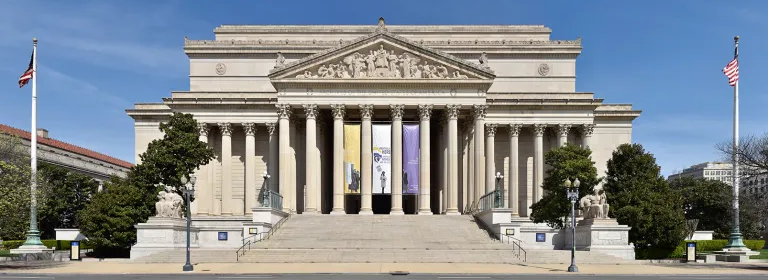
Editing The National Archive
Please don’t hate me, but I first came across this story on TikTok via the Wall Street Journal (WSJ) channel. The story revolves around Colleen Shogan, appointed the 11th Archivist of the United States in May 2023, and the controversy over her approach to presenting American history at the National Archives Museum. Part Fahrenheit 451, a dystopian novel written by Ray Bradbury, part 1984 by George Orwell, part Aldous Huxley’s Brave New World, reports are coming in that Shogan and team have aimed to “de-emphasize negative aspects of U.S. history in museum exhibits,” including but not limited to references to the displacement of Indigenous tribes and the internment of Japanese Americans during World War II. Yikes. It is not remarkable, especially considering that President Joe Biden nominated her on August 3, 2022, and was sworn into office on May 17, 2023, possibly already getting what she is up to well underway. Oh, and of course, there is the idea that former President Donald Trump is elected and, historically, one to embellish and continues to OK the whole thing.
The drama has triggered several senior officials and delayed museum renovations, which isn’t nothing, but apparently, Shogan thinks it is. “I am proud of the work we are doing at the National Archives, and I am unwavering in my commitment to leading NARA without partisanship or ideology.” Read their full statement here.
If Shogan turns out to be lying here, we have nothing but a good ol’ case of doublespeak on our hands, but, given the times, would it be all that surprising?
Flowers Are Blooming in Antarctica, a Poem
and I don’t know what to wear
to the $ 10,000-a-plate Gala
to fight this good fight.
I have a suit (from where I do not know)
as I’ve been told by
Steve Harvey and other epitomes of masculinity
I must have to contribute,
to be a part of the conversation, to fight.
And, of course, I have a semi-nice pair of shoes,
whose weight, I muse,
when measured against all else,
matches or surpasses the issues
I am off to observe
and participate in.
*
I take an Uber (the green kind).
You don’t have to ask me why.
I’m forced to wait, to be inconvenienced,
for doing the right thing
for the right and good cause.
There is a price for everything,
even the things that are supposed to save us.
I don’t mind though because a
new mathematical framework
(supposedly redefining space-time and energy)
suggests that the universe operates
on a previously hidden geometric and energetic level.
So, I take my time or it takes me,
looking at the trash in the gutter,
the stars in the sky,
and the people, so many people, walking by.
*
Upon arrival,
someone takes my coat
after I show them my ticket with ID via a QR code
from a phone made with REEs:
cobalt
tantalum derived from coltan, and other
rare earth elements leading to extensive deforestation.
Smiling at the coat checker as I give them a tip.
I recall at another one of these things
Tim Cook promising me that the
iPhone 16 Pro and iPhone 16 Pro Max
contains over 25% recycled content
including 100% recycled cobalt in the battery.
Phew, I say out loud.
What? the coat checker asks. Did you need something else?
No, I say and walk into the
banquet hall.
*
At the table,
we digitally pass around our digital business cards
on the convention centers WiFi (password GREEN)
on apps like HiHello, Blinq, Linq, and DOT.
Can you believe we used to use
paper business cards? a man older than me asks
with a Barbie’d face.
I assume his hair implants are made from
100% sustainable acrylic, nylon, and polyester.
And spotting the few and fair wisps of human hair
blowing softly in the highly air-conditioned room,
they are from donors from places he would not like to say.
It’s fine, I whisper, referencing his hair.
I take his hand in mine
and pat it as if I’m his senior.
You seem like the type who would
triple-check those kinds of things.
*
I hear the words from the far off podium,
There have been
notable ecological changes due to climate warming
especially on Signy Island and
Antarctic hair grass expanding tenfold,
but before I can actually register
the implications of the speakers words,
the waiter asks me if I would like more wine.
A grape, a field of grass, a flower
bending in the wind towards the sun,
knowing knowing knowing it shouldn’t
but simply can’t help itself.
I nod, tap the glass, and try to imagine a world,
to try imagine a space for those living today
and those living tomorrow
to no longer be burdened by the relentless effort
to spin the flourishing of native plants
as a positive when, we all know damn well,
it’s not.
Would you like anything else? the waiter asks.
Sir? Would you like anything more?
So You've Decided to Become Isolated & Weird Newsletter is a reader-supported publication. To receive new posts and support my work, consider becoming a free or paid subscriber.
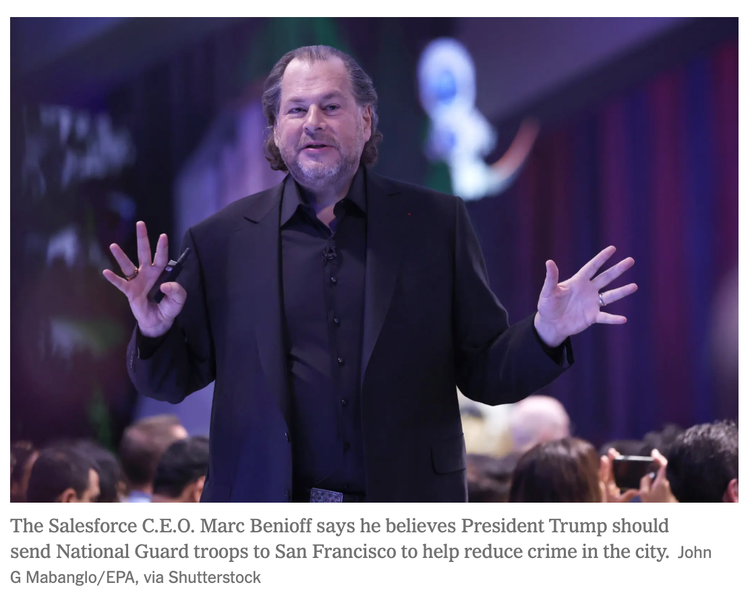


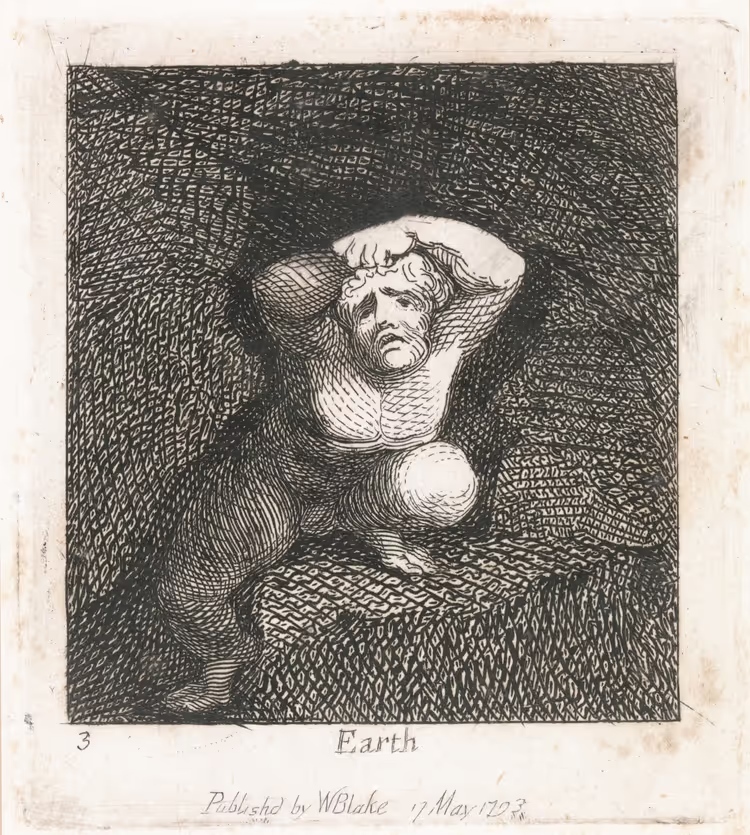

Member discussion